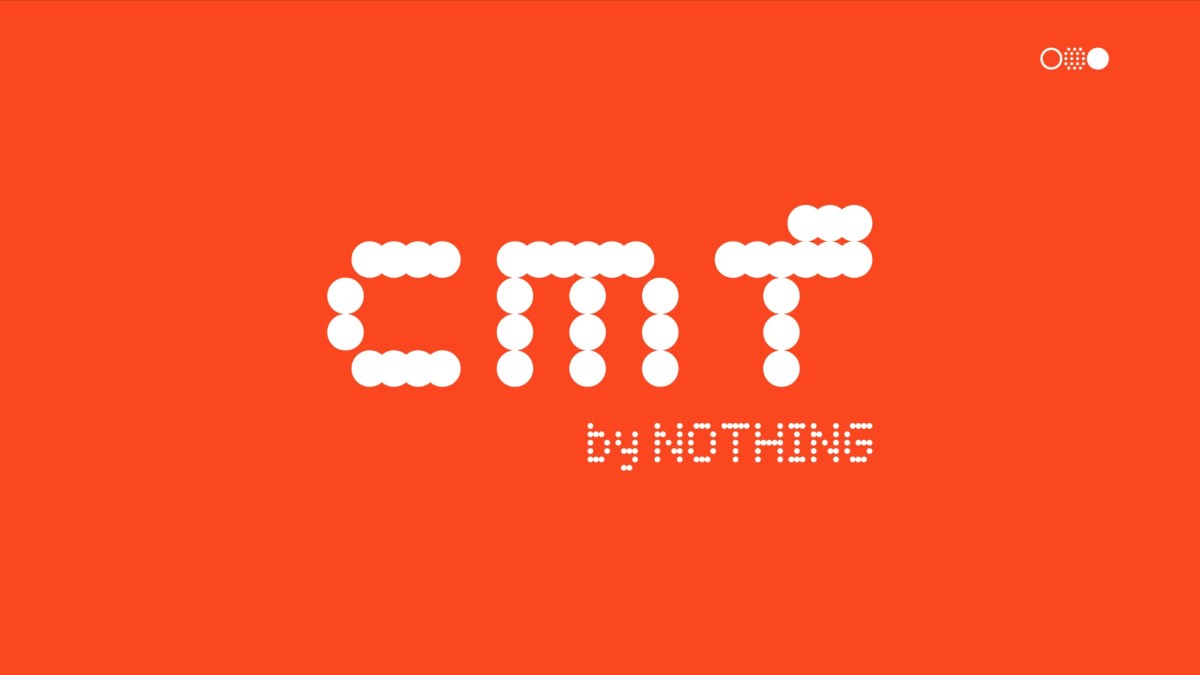I’m going to get vulnerable and debunk all the myths about how “brave” entrepreneurs really have to be. Spoiler alert: Not very.
This isn’t the article you want me — or any other entrepreneur — to write, but for a transparent, well-meaning reality check (and to let you in on the behind-the-scenes secrets of founder choices), I think it’s prudent to share.
So many people think being an entrepreneur requires bravery, brazen risk-taking, and embracing uncertain, unknown outcomes. To be fair, some founders do dive head-first into the murky waters of entrepreneurship with a cool idea, cross their fingers, and hope profitability is in their future. However, if you’re one of those people grappling with the necessary — or ideal — risk tolerance required for entrepreneurial success, I’m here to debunk the myths once and for all.
Let’s just say, the risk you see and reality aren’t always one and the same…
The quintessential, scrappy, risk-loving bootstrapped entrepreneur might be living off Ramen noodles on a friend’s couch, but that picture may be deceptive. Believe it or not, many successful startup founders are actually in their 40s (not their 20s, like startup media would have you believe), and likewise, many of those couch-surfing bootstrapped founders may have safeguarding assets you’d never know. I have the real-life circle to prove it. For example:
I know many prudent entrepreneurs ranging in age from late 20s to 40s who prioritized saving up cash from a 9 to 5 not to fund their startup dreams, but to first buy a property to secure some passive rental income that would offset their post-9-to-5 bootstrapped endeavors. Similarly — and in addition — I know entrepreneurs who’ve used their house as a safeguarding asset or one against which to borrow (or sell) if entrepreneurial times get tough.
While I personally wouldn’t necessarily be risk-loving or optimistic enough to put my house on the line for an unproven venture, having a tangible asset with a value floor (that can’t easily go to zero) is a peace-of-mind hack that can make a risky entrepreneur’s 9-to-5 exodus a lot less precarious.
However, buying a house isn’t the only offsetting asset that could diminish your risk, and with volatile interest rates and a looming recession, that may not be an option at your disposal. That said, there are other similar options within reach even for aspiring founders who don’t own a property, such as:
- Renting out storage space in your garage
- Renting out your car (on a site like Turo)
- Renting out a parking space
No, you won’t make as much storing someone’s junk in your garage (or apartment) as you would renting out a whole house, but it’s nice to know there are other options to prolong your entrepreneurial runway and lower your financial risk. In other words, hoarding a giant wad of cash to fund your venture and living expenses might not be the only — or best — way to prepare for the precarious shift to the uncertainty of entrepreneurship.
One of the reasons I love — and personally believe in and invest in — real estate as a hedge against entrepreneurship is because while sales can come to a standstill and a business could technically go to zero, real estate rarely does. That said, real estate isn’t the only tangible or inherently valuable asset you can own, and you can build a new one, without building an entire house. Specifically, I’m referring to building products, platforms, and businesses that hold some degree of tangible assets with inherent value.
A few examples:
- If you invent a new product for which you get a patent, there’s a value to that patent, which can be sold or licensed out, even if you never decided to start (or were never successful at) marketing and selling the product using that patent
- If you build a digital platform, be it an app, a website, a social network, etc., whether or not you’re successful at profitably drumming up a paying or engaged userbase, that digital product has value that can be recouped via a sale on Flippa, MicroAquire, BizBuySell, or a comparable marketplace (or via an off-marketplace private sale)
- If you build a measurable audience around a certain brand or specific content, such as a podcast or a newsletter, so long as you have a sticky, engaged, loyal following and a blueprint for your specific branded content, that too can be sold on a marketplace like The Podcast Broker or Duuce respectively
What kind of value can’t be recouped (or not as easily or lucratively) if sales come to a screeching halt or you decide to seek alternate pastures?
- An idea
- A freelancer business centered around you (one personality)
- A service business with low barriers to entry
Simply put, all businesses aren’t created (or valued) equally, and you can minimize your downside risk by building one that has a price floor that’s divorced from its sales or seasonality.
The next common misconception about risk-loving entrepreneurs is that most of them brazenly quit their lucrative jobs, cutting corporate ties and sacrificing their ladder-climbing efforts on a hope, a prayer, a savings account, and an idea. In reality, it is the vast minority of entrepreneurs I know who left a high-paying job without a safety net, a very healthy cushion, or a very good reason they may not ever reveal.
In fact, you might be surprised by just how many founders find leaving their jobs or embarking on a period of self-employment the lesser of all evils and the least risky career move available. I’m referring to the many founders I know (and know of) who’ve taken a layoff (and a generous severance package) as their perfect excuse for a corporate pause while they pursue their entrepreneurial dreams. Additionally, I’ve seen cases in which an aspiring founder fears a looming layoff, firing, or market upset that could compromise their job, department, or company and takes that precarious timing as the impetus for their plunge off the 9-to-5 bridge.
To put it bluntly, leaving a high-paying job isn’t always the riskiest move; sometimes it’s actually the most strategic one that dodges an impending bullet. Nonetheless, not all founders who’ve experienced that would be honest or vulnerable enough to admit it.
Of course, most founders who go all-in — especially ones who do so pre-revenue — should have some financial plan to stay afloat pre-launch. That said, many founders who’ve been fortunate enough to leave their job on good terms may know they have an understanding boss who’s promised to welcome their return with open arms. If you think everyone’s magically jumping off a 100-foot cliff without a care or concern, you may not be seeing the full picture.
A healthy cushion and financial backstop can vary from cash in the bank to a wealthy loved one or close friend willing to fund their dream or scoop them up if their entrepreneurial ventures fall short. Sometimes the financial backstop you don’t see is a discreet inheritance from a relative.
In fact, I know of many examples of entrepreneurs running companies ranging in size from $250k to $250M who’ve dipped into a parent’s or rich uncle’s pockets when their venture got precarious. Don’t assume that company that’s been struggling in the red for two years, yet magically still chugging along, doesn’t have a trick up their sleeve and thus, more runway than the average startup (or than a VC or bank loan would afford them).
When most people think of starting a business, the sacrifices that come to mind are fancy dinners, designer clothing, and luxurious vacations that will be put on an indefinite pause. While to some people cutting corners with those smaller sacrifices can help lessen the financial nut they have to crack, I know countless entrepreneurs who’ve happily opted for more substantial sacrifices that offer a much bigger financial bang.
For example:
- Giving up a wedding: I personally — and happily — made this sacrifice years before leaving my finance job to start my first business. For some, this may be a difficult decision, but from an ROI and runway standpoint, it was a no-brainer for me and my partner.
- Selling a car: I can’t tell you how many people — even pre-pandemic — chose to sell a car or become a one-car household if living with a partner to free up some cash for a business. If you can work on your venture remotely or take advantage of available public transit, the difference in car payments vs cash in hand can be a big one.
- Delaying parenthood: Though this can be a controversial subject, the truth is that having dependents, be they pets or human children, puts a very real financial burden on any responsible adult. For some people, having kids early is a non-negotiable, but if you’re a younger entrepreneur, taking advantage of your limited financial responsibilities shouldn’t be overlooked. As a pet parent of two, even furchildren can cost a pretty penny, so taking grave financial risks while expanding a family may be stretching yourself thin at a suboptimal time.
I’m not suggesting you should make any of the above sacrifices, particularly if they don’t resonate with you or feel more detrimental to your life than putting your startup first. However, I also don’t want you to think the seemingly carefree entrepreneurs out there aren’t making sacrifices, just because you don’t see them every day.
The bottom line is that you don’t have to be a trust-fund baby to have covered your entrepreneurial bases and significantly diminished the risks associated with assuming the full-time role of a bootstrapped founder. Along those lines, seemingly courageous, impulsive, risk-taking entrepreneurs aren’t all as daring as you might think. On the contrary, the founders who appear cool as a cucumber, despite lackluster sales (or none at all) may have insulated themselves with strategic financial backstops that offer them the peace of mind to trudge forward when their venture falls on hard times, low seasonality, or an economic shake-up.
Entrepreneurs may have more grit and fortitude than the average person, but they aren’t all recklessly brazen, laughing in the face of imminent danger or financial ruin without a care in the world. If you think entrepreneurship needs to be a test of bravery and a maximum risk appetite, think again. I’d argue smart entrepreneurship is more a test of planning and offsetting the inherent, calculated risks with financially savvy safeguards for a soft landing, no matter the outcome of your venture.
Is that cowardly? Maybe, but I’d rather be viewed as a coward with runway, assets, and cash flow than be brazen, broke, and out of options.







































